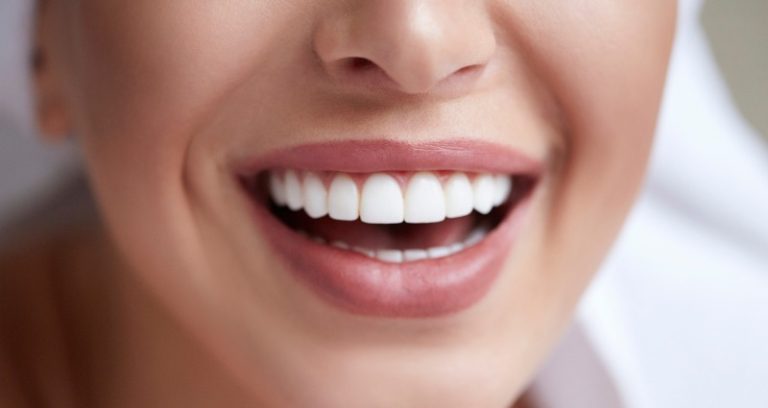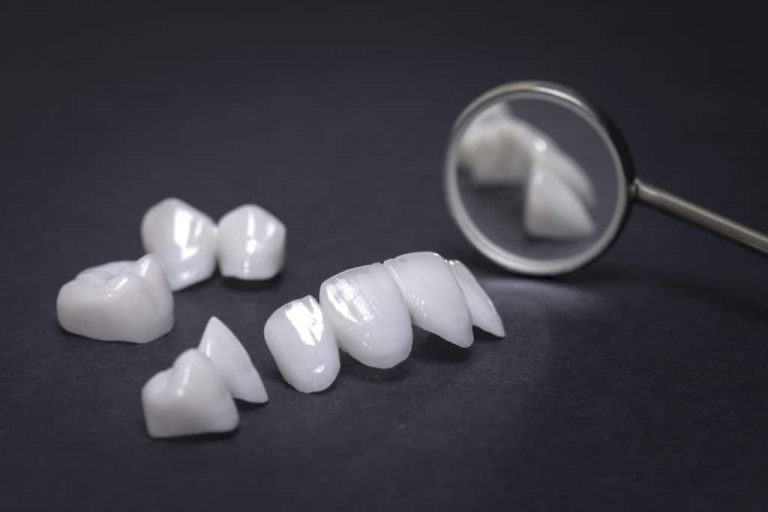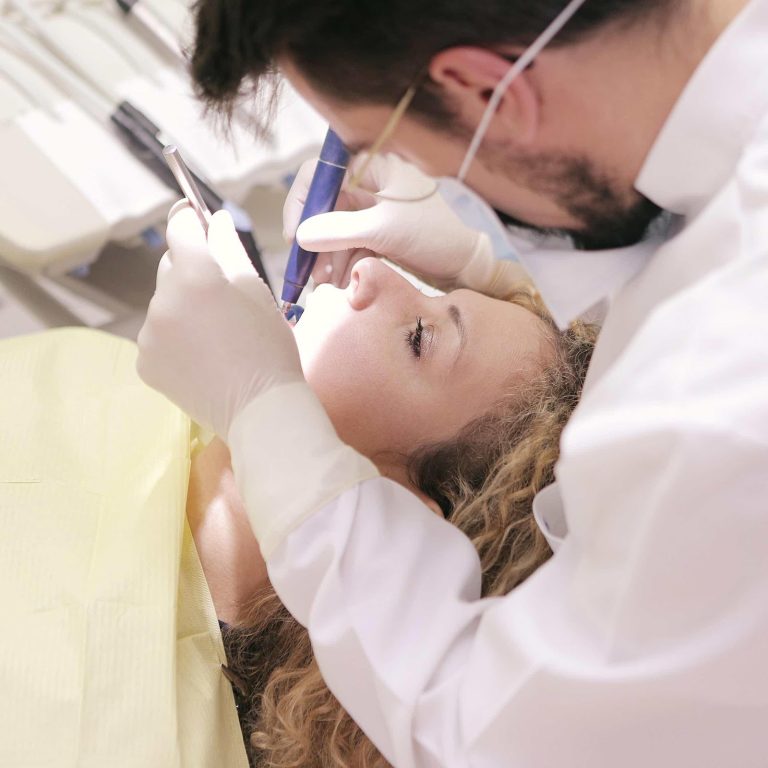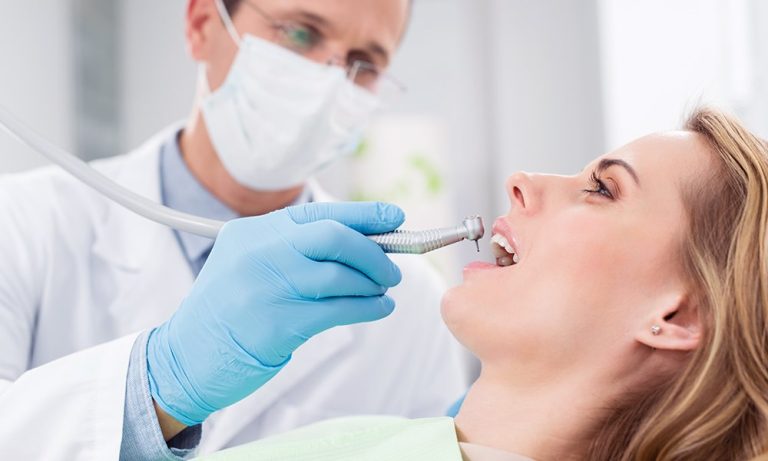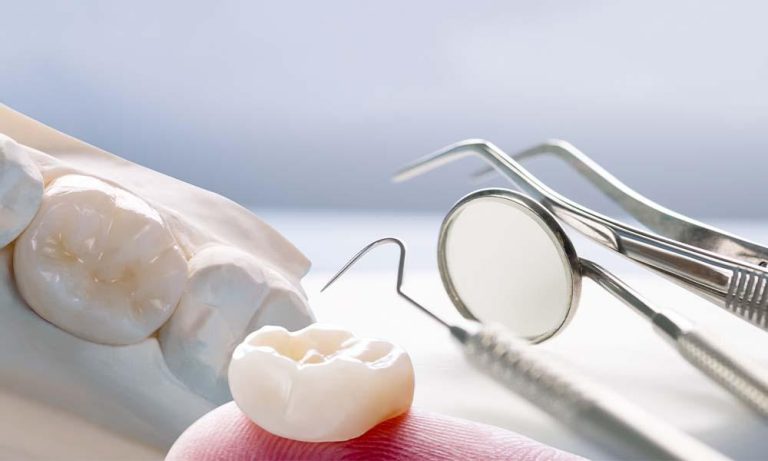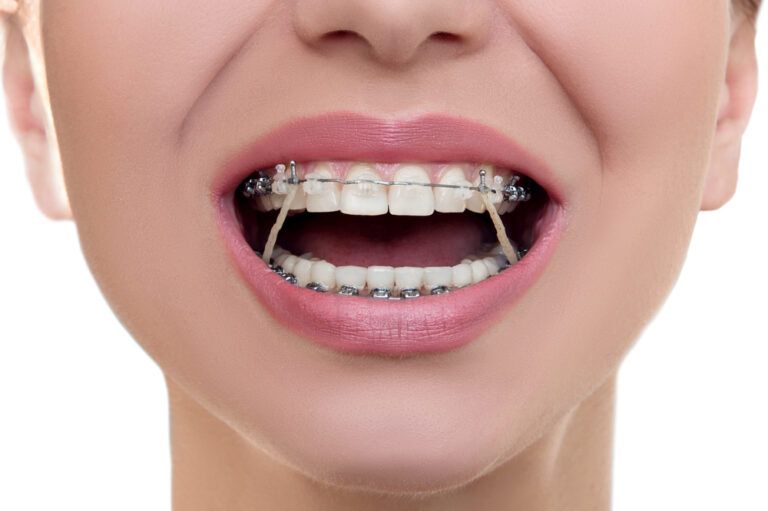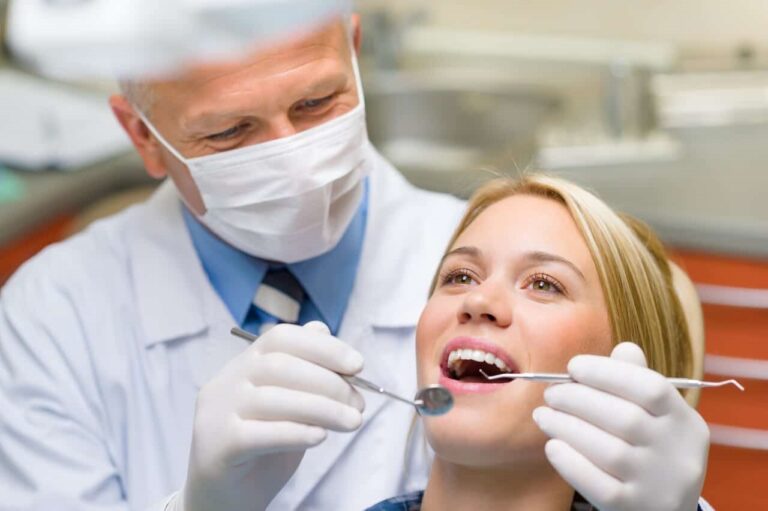Orthodontics is a subspecialty in dentistry that aims to correct teeth alignment problems. The procedures help improve the aesthetics, function, and mastication of your teeth. It is divided into several stages or phases until you achieve the desired results.
The dental specialists at the Department of orthodontics in Los Gatos offer comprehensive treatments segregated into several phases. These have been discussed further in the article.
What are the prime goals of performing orthodontic treatments?
Orthodontic imperfections are common but extremely complex. They can lead to unwanted consequences if left untreated, especially in children. These flaws may impact even the permanent dentition in the future. Orthodontic treatments help correct dental flaws like malocclusion such as overbite, deep bite, underbite, crossbite, open bite, and developmental anomalies like cleft palate. These can help restore your oral form, function, and aesthetics.
What are the different phases of orthodontic treatment?
Orthodontic treatment typically involves three main phases. These include:
- Phase 1: Planning
-
- The goal of this phase is to identify the orthodontic problem, i.e. to determine the exact diagnosis.
- An accurate diagnosis paves the way for an appropriate treatment plan.
- This phase includes the following evaluation:
- Assessing dental and medical history
- Recording oral impressions
- Taking panoramic X-rays of the jaws and teeth
- Recording computer-generated images of the head, neck, and face
- Phase 2: Active treatment
-
- This is the phase that involves the actual treatment when your orthodontist devices to align your teeth and correct other orthodontic flaws.
- The devices include:
- Fixed braces
- Removable clear aligners
- Headgears
- Palatal expanders
- These devices involve the following functions:
- Alignment and leveling
- Bite correction
- Close spaces
- Once the treatment is over and you achieve the desired results your orthodontist removes the appliances or discontinues their use accordingly.
- Phase 3: Retention
- When your appliances are removed, your orthodontists will then create a retainer.
- The retainers ensure that the teeth do not regress to their original position.
- You are advised to wear retainers for a specific duration of time each day to allow the bone to reform and stabilize the teeth in their new, correct alignment.
Takeaway
Orthodontic treatment becomes essential if you or your child suffers from any dental imperfection that leads to compromise in the oral form and mastication. For a successful outcome, orthodontic treatment is divided into three phases for a thorough evaluation of your individual need to plan the treatment accordingly.

